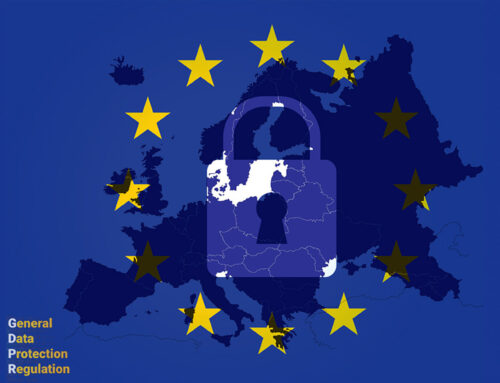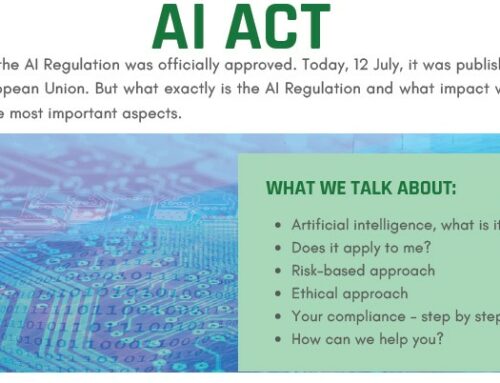The Digital Services Act
The EU Digital Services Act: designating ‘gatekeepers’
1. Promoting a safer and more transparent digital space
On 25 April 2023, the European Commission (hereinafter the “EC”) designated the first set of Very Large Online Platforms (hereinafter the “VLOPs”) and Very Large Online Search Engines (hereinafter the “VLOSEs”) under the EU Digital Services Act (hereinafter the “DSA” or the “Regulation”).
The Regulation came into force on 16 November 2022 and will be directly applicable across the European Union (hereinafter the “EU”) by 17 February 2024. Quoting Margrethe Vestager, the Executive Vice-President for a Europe Fit for the Digital Age, the DSA “will put an end to unfair practices by companies that act as ‘gatekeepers’ in the online platform economy”.
In the digital sector some online platforms and some online search engines act as ‘gatekeepers’ of the EU single market. The DSA aims to address the negative consequences arising from certain behaviours of those platforms and intermediaries (e.g. marketplaces, social networks, content-sharing platforms, app stores, and online travel and accommodation platforms). They must take measures to protect their users from harmful and illegal content, goods, and services.
2. Designating digital ‘gatekeepers’
The EC has designed seventeen VLOPs and two VLOSEs that reach at least 45 million monthly active users (i.e. representing 10% of the European population). Before then, and by February 2023 at the latest, potential VLOPs and VLOSEs had to publish the number of active users of their services in the context of the DSA.
The designated VLOPs are: i) Alibaba AliExpress; ii) Amazon Store; iii) Apple AppStore; iv) Booking.com; v) Facebook; vi) Google Play; vii) Google Maps; viii) Google Shopping; ix) Instagram; x) LinkedIn; xi) Pinterest; xii) Snapchat; xiii) TikTok; xiv) Twitter; xv) Wikipedia; xvi) YouTube; xvii) Zalando.
The designated VLOSEs are: i) Bing; ii) Google Search.
3. Obligations and prohibitions
Within four months from the notification of the designation decision, i.e. by end of August, the designated VLOPs and VLOSEs must fully comply with their obligations under the Regulation, provide their users with protection and safeguards laid down in the DSA and in particular those aimed at the following:
- transparency measures for online platforms and less disinformation: users will have better information over why specific content is recommended to them and will be able to choose an option that does not include profiling;
- ban on certain type of targeted adverts on online platforms: targeted advertising will be banned for minors and the use of sensitive data (e.g. sexual orientation, political views, religion and ethnicity) will not be allowed;
- measures to counter illegal goods, services or content online: making sure that products sold online are safe and follow the highest standards set in the EU;
- new obligations on traceability of business users: users will have better knowledge of the real sellers of products that they buy online.
In addition, VLOPs and VLOSEs must report to the EC their first annual risk assessment exercise in which they identify, analyse, and mitigate a wide array of systemic risks. These risks include: i) the ways in which illegal content and misinformation may be amplified on their services; ii) the impact on freedom of expression and media freedom; iii) the assessment and mitigation of specific risks related to online gender-based violence and the protection of children online and their mental health.
4. European Commission powers and sanctions
Enforcement powers are shared between the EC, which has direct supervision for VLOPs and VLOSEs and national authorities, who supervise smaller platforms.
For the case of VLOPs and VLOSEs, the EC can, in the most serious cases, impose fines of up to 6% of the global turnover of the conglomerate for DSA violations.
Micro and small enterprises are exempted from some obligations and have more time than other businesses to implement others. The EC will assess the impact of new rules on small businesses.













